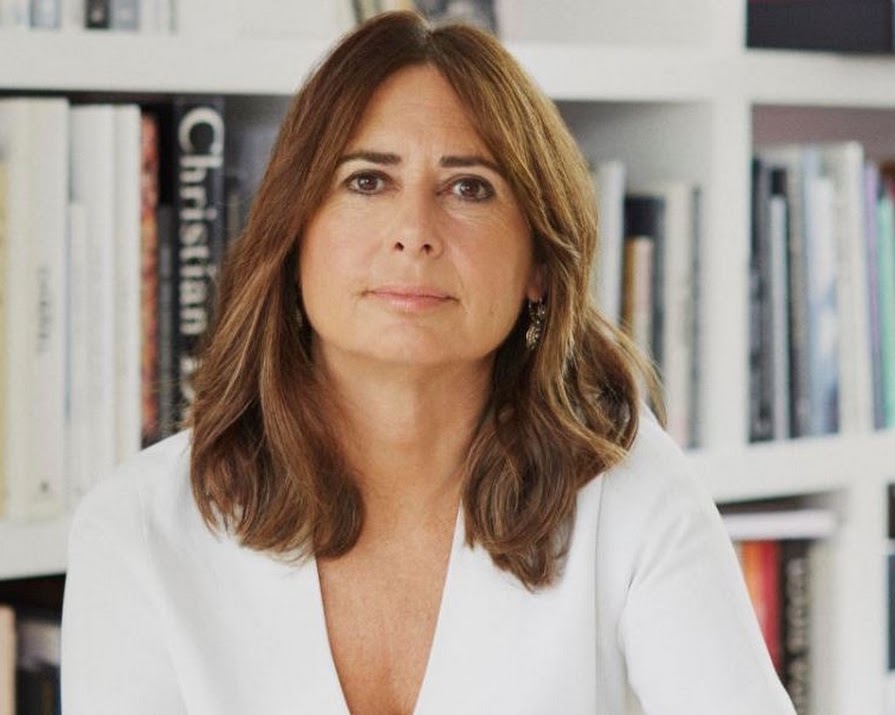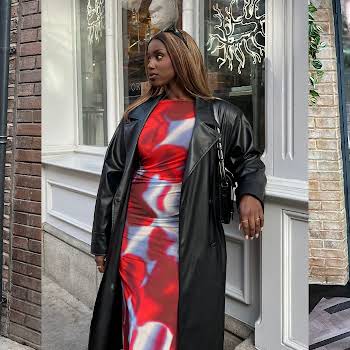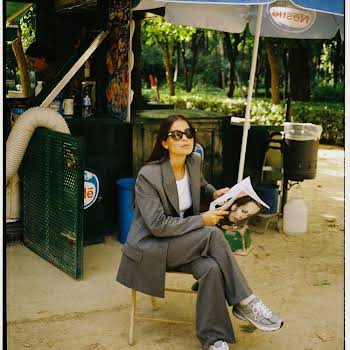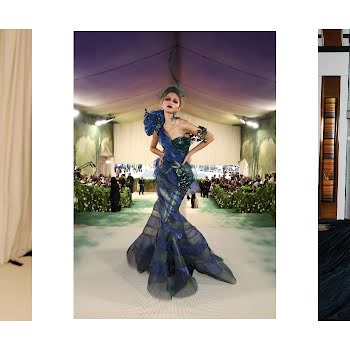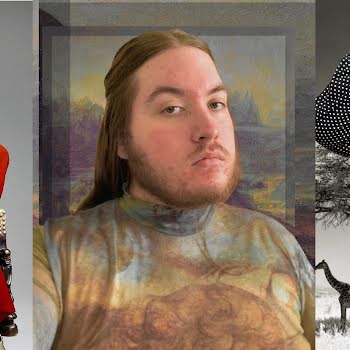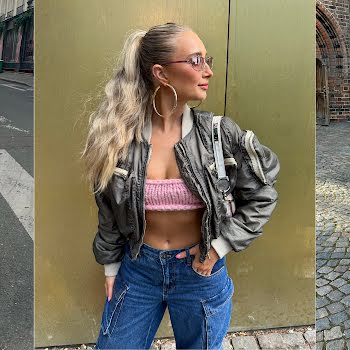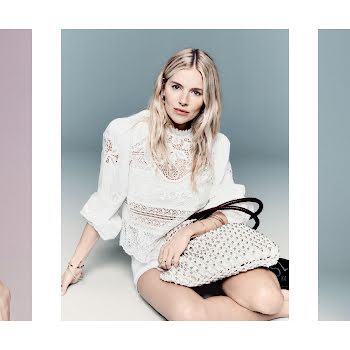‘It’s really frightening’ Alexandra Shulman on what the fashion industry might look like in a post-Covid world
By Eva Hall
19th Jun 2020
19th Jun 2020
alexandra schulman - Businesswoman of the year
Alexandra Shulman, former editor-in-chief of British Vogue, sat down with IMAGE editor-in-chief Lizzie Gore-Grimes on Thursday night to talk all things Vogue, women in the workplace and what the future of fashion looks like.
In the last month we’ve seen high street chains shut their doors for good: Debenhams, Monsoon and Accessorize will no longer trade in Ireland and some Zara stores around the world are shutting shop.
High fashion brands such as Gucci and Saint Laurent have declared they will leave behind the four shows a year run at Fashion Week.
So where does that leave the fashion industry – estimated to employ 75 million people across the world with a value of 2.4 trillion US dollars? We asked Alexandra Shulman, a woman who held one of the most influential fashion jobs for 25 years, as editor of British Vogue.
Register for IMAGE Self-care Sundays: Mind with Denise Kenny for free here
“I think it’s really frightening for a lot of people in the fashion industry and I really hope that they are able to find a path through,” said Alexandra, during her sit down with IMAGE for a virtual event last Thursday.
“Having said that, I spent a lot of time, when I was at Vogue, saying that the fashion show system, the amount of fashion, brands and the amount of promotional activity that had grown up during the period of time that I’d been there had just become completely nonsensical. It was just too much.
“The idea that a house like Dior would be doing something like 20 different lines a year and expect everyone to turn up to five, six fashion shows a year. And times that by every single big brand… There are fashion editors at newspapers who were on the road practically all the time going from one fashion show to another fashion show in different parts of the world. I was really annoyed about that because environmentally it was very bad that people had to fly across the world, it was a huge waste of money and it was totally unnecessary.
“The fact that now you’ve got somebody like Alessandro Michele at Gucci who has announced that he’s only going to show twice a year is great, because that’s going back. But it’s not rocket science. This is what should have been happening for a long time.”
For more on IMAGE Virtual Events click here
Alexandra left British Vogue in 2017, overseeing a team of about 50 people.
“I think some rationalisation in the end will be very beneficial, but at the moment the problem is all of the people involved in the industry, there are millions, not just designers, there are people involved tangentially in the industry with all these companies that aren’t going to survive, that’s very hard.
“Independent designers are creatives, it’s a bit like being an artist. And there aren’t bailouts for artists.
“I’m hoping what might happen, although it might be contraindicative at the moment, is that things like independent boutiques might actually find that they’re flourishing more because once we get out of lockdown, if they can survive this bit, I think the idea of local, supporting smaller, not being so enthralled by the big experience, but something that’s a bit more personal, might be a very good by-product.”
Since leaving Vogue, Alexandra has penned a memoir, Clothes… and other things that matter. She spent around three years on it. But did she always know what she would do with herself after Vogue?
“It took me 25 years [to be comfortable with leaving]. That was a long time,” she told IMAGE.
“I knew that I wouldn’t feel ‘who will I be?’ I never felt defined by my job. But I definitely felt ‘what am I going to do?’ and ‘How am I going to survive, what will my life be like?’ and not in a curious way, more of a nervous way.
“The hurdle of making the decision is difficult, and once you’ve made the decision it’s a lot easier. I prepared for it pretty well. Once I resigned I had six months in my job, before I resigned I had two months where I knew I was going to leave so I had about eight months to work out.
“When I left the job I didn’t have any work at all, I had no idea how I was going to earn any money to pay the next month’s mortgage. But I’d thought about my attitudes to it, and I was very sure about the reasons why I was going and the positives in it and I suppose I just trusted that it would fall into place.”
Clothes… and other things that matter is available in all good book shops now.
IMAGE’s next virtual event is an eight-week series called Self-care Sundays, in partnership with Yoplait. To register for free, click here.











